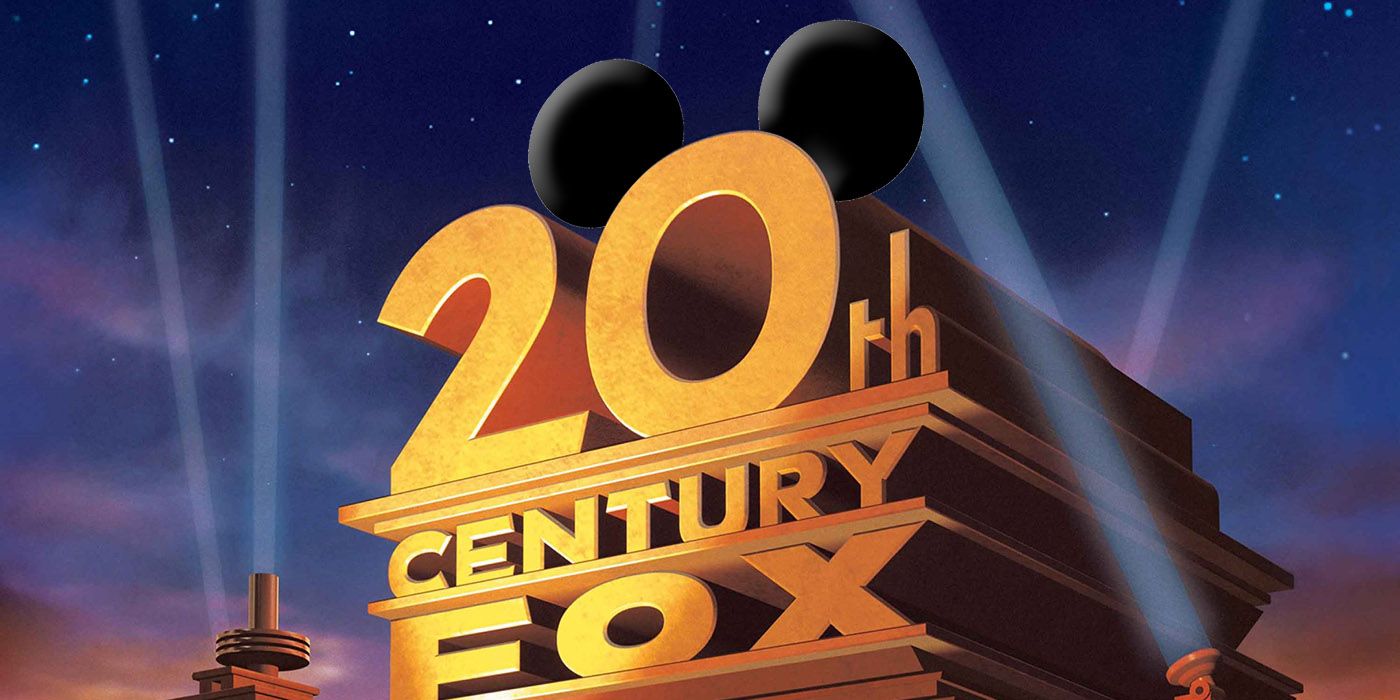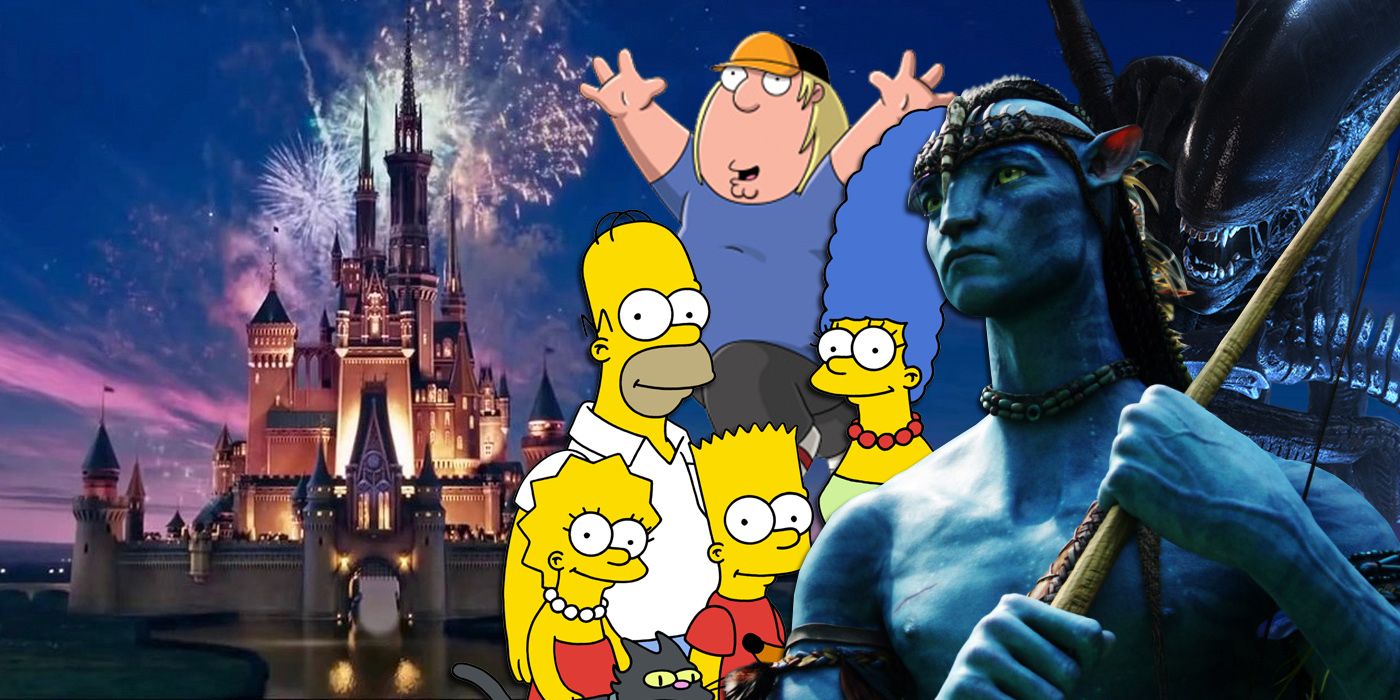What do Fox gain from the recent Disney buyout? It's pretty obvious what the House of Mouse gets; aside from gaining ownership of major franchises it can leverage like X-Men and Avatar, Disney also gets a huge library of TV shows and other movies to add to the streaming service it's building to compete with Netflix.
So, with Disney coming out the clear winner content-wise, one has to wonder... what was in this for Fox? Sure, it stands to gain an ungodly amount of money — to the tune of more than $52 billion. But why would Fox offload lucrative franchises it's practically synonymous with, like The Simpsons, The X-Files, and Alien? Not to mention the many TV networks owned by Fox, such as National Geographic and FX.
Related: A Fox/Disney Deal Could Finally Cancel The Simpsons
To understand Fox's reasoning, you have to look at what Disney didn't get. Fox sold its entire entertainment division to Disney, but held onto Fox News and Fox Sports One. Fox News is, of course, the conservative-leaning cable news network that consistently tops rivals CNN and MSNBC in the ratings. Fox Sports One is Fox's answer to Disney's ESPN, broadcasting pretty much every spectator sport, both professional and collegiate, that ESPN doesn't. So why is Fox holding onto these two properties? What's so different about them? As in all things Hollywood, it comes down to money.
Fox News and Fox Sports One are lucrative money-makers, requiring less resources to produce and comparatively inexpensive to create. They're a sure thing. That's in contrast to scripted programming and feature films, which always require taking a big risk. Entertainment typically costs significantly more to make than news and sports, and has the potential to generate a greater return on the network's investment.
Rupert Murdoch, owner of all things Fox (until the deal goes through, at least), intends to create a brand new company from his remaining assets, which also include a studio lot in Century City, California that Disney has no need for. One imagines that this new business entity will include the word "Fox" somewhere in its title.
Before any of this can officially happen, the deal has to be approved by the Justice Department, to ensure that Disney isn't going too far in trying to acquire — and thereby eliminate — its competitors. It's a valid concern, as other Disney acquisitions in the recent past, including Pixar, Marvel, and Lucasfilm, have already given the Mouse House virtual domination of the entertainment industry.
Read More: Disney Now Owns 27 Percent of the Film Industry
Still, at least four major Hollywood studios remain to go up against Disney: Paramount, Sony, Universal, and Warner Bros. Disney may become the biggest and most powerful player in Hollywood, but it's still got plenty of competition.
Next: Disney & Fox Deal Could Result in Upwards of 10,000 Job Losses


